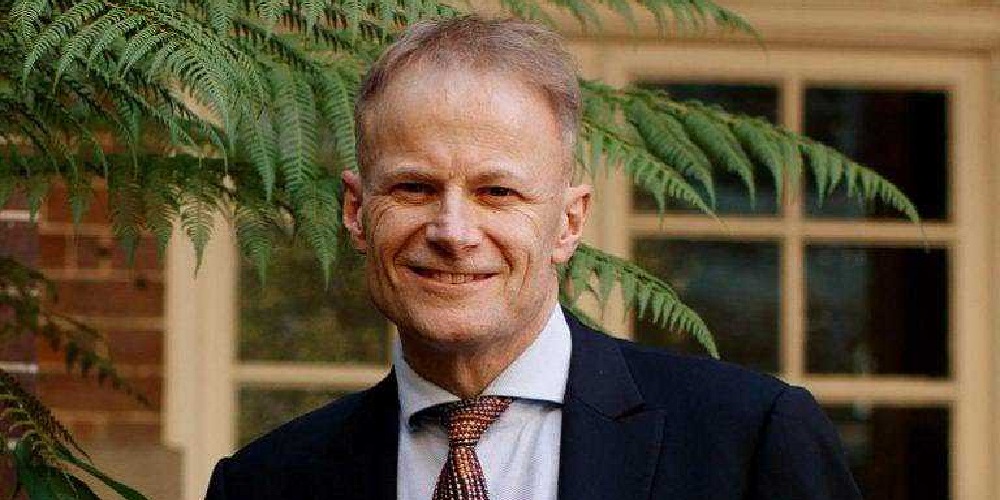An Australian medical doctor, Professor Richard Scolyer, said he has remained brain cancer-free for a year after undergoing a world-first treatment based on his own research.
The 57-year-old used his own pioneering studies on melanoma to treat his incurable stage 4 glioblastoma following his diagnosis in June 2023.
Scolyer disclosed this on Monday, via his X page, with an update about the experimental treatment alongside two images from a recent MRI scan.
“I had brain #MRI scan last Thursday looking for recurrent #glioblastoma (&/or treatment complications). I found out yesterday that there is still no sign of recurrence. I couldn’t be happier!!!!!,” wrote Scolyer.
“Thank you to the fabulous team looking after me so well especially my wife Katie & wonderful family!” he added.
Scolyer’s diagnosis was revealed in June 2023 after he was taken ill while traveling for work in Poland. He then became the first brain cancer patient to undergo pre-surgery combination immunotherapy.
Speaking about the feat in an interview with BBC, Scolyer said, “To be honest, I was more nervous than I have been for any previous scan. I’m just thrilled and delighted… couldn’t be happier.”
Professor Scolyer is one of the country’s most respected medical minds, and was this year named Australian of the Year alongside his colleague and friend, Professor Georgina Long, in recognition of their life-changing work on melanoma.
As co-directors of the Melanoma Institute Australia, over the past decade the pair’s research on immunotherapy, which uses the body’s immune system to attack cancer cells, has dramatically improved outcomes for advanced melanoma patients globally.
He is also the first to be administered a vaccine personalised to his tumour’s characteristics, which boosts the cancer-detecting powers of the drugs.
After a tough couple of months of treatment at the start of the year – spent dealing with epileptic seizures, liver issues and pneumonia – Prof Scolyer said he is feeling healthier.
“I’m the best I have felt for yonks,” he said, adding that he’s back to exercising every day – which for him often means a casual 15km (9.3 mile) jog.
“It certainly doesn’t mean that my brain cancer is cured… but it’s just nice to know that it hasn’t come back yet, so I’ve still got some more time to enjoy my life with my wife Katie and my three wonderful kids.”
The results so far have generated huge excitement that the duo may be on the cusp of a discovery which could one day help the roughly 300,000 people diagnosed with brain cancer globally each year.
Prof Scolyer and Prof Long have previously said the odds of a cure are “minuscule”, but they hope the experimental treatment will prolong Prof Scolyer’s life and will soon translate into clinical trials for glioblastoma patients.
They currently have a scientific paper under review, which details results from the first weeks of Prof Scolyer’s treatment, but Prof Long stresses that they are still a long way off developing an approved and regulated course of treatment.
“We’ve generated a whole heap of data, to then make a foundation for that next step, so that we can help more people,” she said.
“We’re not there yet. What we have to really focus on is showing that this pre-surgery, combination immunotherapy type of approach works in a large number of people.”

